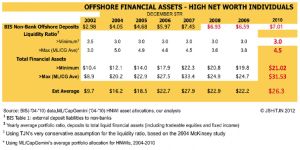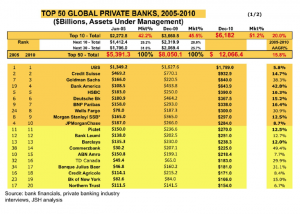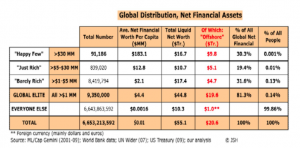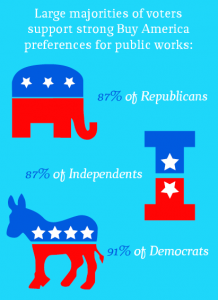John Brennan Vows to Combat the “Bad Guys” Attacking Our Critical Infrastructure
John Brennan just gave a speech, purportedly about our policy in Yemen. But it ended up being largely about infrastructure, That’s partly because his speech focused on how, rather than spending 75% of our Yemen funds on bombs, we’re now spending just 50% (having bumped up the total to include an equal amount development assistance). So a good part of his talk focused on whether or not Yemen would be able to do the critical work of rebuilding its infrastructure sufficient to combat AQAP which, in some areas, has done a better job of building infrastructure.
Of course as I noted while he spoke, a number of the infrastructure challenges Brennan confidently assured we could help rebuild–things like access to water–are challenges we are increasingly failing in our own country.
And then, because the DC attention span had had enough of Yemen, moderator Margaret Warner asked Brennan what the Administration will do now that their cybersecurity bills have been defeated. To justify his talk of using Executive Orders to address some of the infrastructure problems, Brennan talked about the “bad guys” who posed a cyberthreat to our critical infrastructure.
Nowhere did Brennan acknowledge the much more immediate threat to our critical infrastructure: in the corporations and politics that let it decline. PG&E and Enbridge, failing to invest the money to fix known defects in their pipelines. Fracking companies, depleting and degrading our water supply. Verizon, eliminating choice for Internet access for rural customers. Republicans who want to gut our Postal Service and passenger rail. And heck, even Fat Al Gore and climate change, which is not only depleting our water supply but stalling key water transport routes.
Brennan promises to help rebuild Yemen’s infrastructure. But not only can’t he implement his plan against the bogeyman “bad buys” threatening our infrastructure, he seems completely unaware that those “bad guys” aren’t anywhere near the biggest threat to our infrastructure.
Don’t get me wrong. I applaud the Administration’s decision to dedicate money to Yemen’s infrastructure, even if I think a 50/50 split, aid to bombs, is still woefully inadequate. But until we begin to see what “bad guys” pose the biggest threat to our own infrastructure, I’m skeptical our efforts in Yemen will be any more successful than they were in Iraq or Afghanistan.





